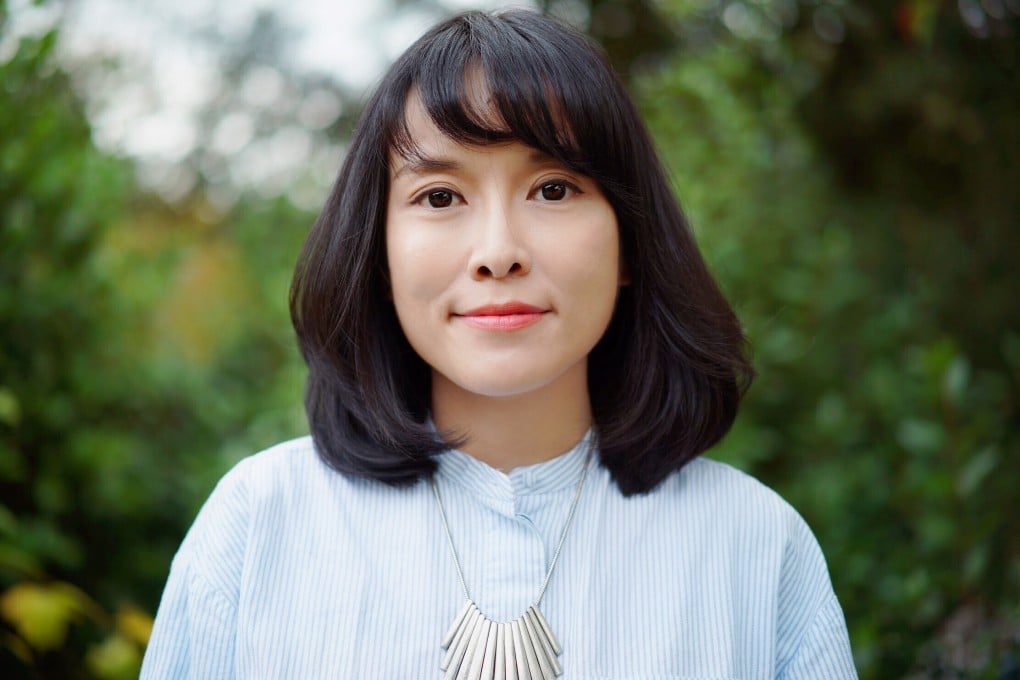Review | In Strange Beasts of China, Yan Ge’s fabled creatures aren’t so different from the humans they live among
Translated from Chinese by Jeremy Tiang, Ge’s novel follows a cryptozoologist who is tasked with learning about the beasts of a fictional city and, while uncovering their stories, discovers more about herself

Strange Beasts of China by Yan Ge (translated by Jeremy Tiang), Tilted Axis Press
The industrial city of Yong’an is home to a number of beasts. Some of them closely resemble humans, others are ancient breeds and others have been artificially engineered. Among them, the Sorrowful Beasts, whose males weave textiles and whose females possess a great beauty; Joyous Beasts, who are short in stature and take pleasure in breakfast cereal and fantasy novels but dislike maths; and the melancholic Sacrificial Beasts, who, apart from low ear lobes with a sawtooth edge, “are like regular people”.
In Yan Ge’s Strange Beasts of China, translated by Jeremy Tiang, an amateur cryptozoologist-turned-novelist is assigned the task of uncovering the beasts and writing their stories. During her work and through her relationships with her former professor, a well-known zoologist, and his trusty sidekick who frequently helps her search for the beasts, she discovers more about her identity.
Each beast has a story to tell and while she often goes in search of the creatures, as the narrator’s reputation grows, she is sometimes approached by beasts who want to be heard. Their stories are universal: of love and betrayal, of death and family, of loneliness, longing and sorrow. The stories often involve their relationships with humans – the taming of the beast is an oft-deployed phrase and it serves to remind the reader that, perhaps, it is not always the beast that requires taming.

Indeed, as the narrator digs deeper into the lives of the beasts, there remains a warning that humans and beasts may have more in common than first appears: “My mother used to tell me, ‘You can’t be sure that beasts aren’t people, or that people aren’t just another type of beast.’”
The narrator’s backstory – a trainee zoologist-turned writer – hints that there’s more to the story; the beasts’ similarities with humans are her Achilles’ heel, “the reason I had ended up with the laughable, shameful profession of a novelist instead”. Part of this tension is explored in her relationship with the professor, who is meant to serve as a guide, although it is unclear whether he is truly providing guidance. He summons her to the lab. They quarrel and although she rebels, he seems always to be a step ahead. Their relationship is complex, complicated and needs untangling.